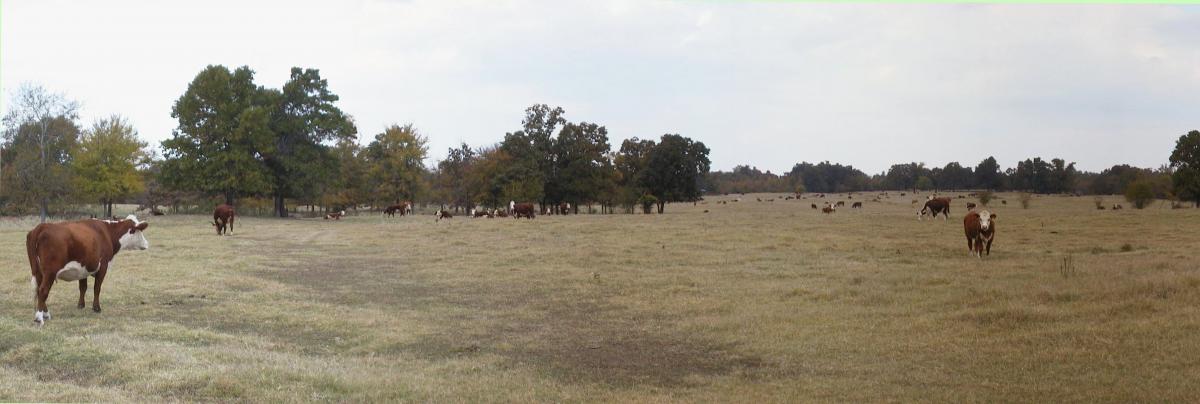Meat Industry Trends

Consumer Reports Food & Sustainability Center Beef Report
 Consumer Reports Magazine has published an exhaustive report on Beef. You can read the full report here. Its focus is primarily on food safety, animal husbandry, and sustainability. But it covered more than that down to levels of minutia that turned beef into a rather scary, complicated clinical topic that one would never see written the same way regarding spinach.
For instance, its emphasis on bacteria contamination seems to have been overly focused on beef like it’s the bad guy. For that reason I have provided you the opportunity to download the CDC Report titled Surveillance for Foodborn Disease Outbreaks United States 1998 to 2008 by clicking here.
Consumer Reports Magazine has published an exhaustive report on Beef. You can read the full report here. Its focus is primarily on food safety, animal husbandry, and sustainability. But it covered more than that down to levels of minutia that turned beef into a rather scary, complicated clinical topic that one would never see written the same way regarding spinach.
For instance, its emphasis on bacteria contamination seems to have been overly focused on beef like it’s the bad guy. For that reason I have provided you the opportunity to download the CDC Report titled Surveillance for Foodborn Disease Outbreaks United States 1998 to 2008 by clicking here. U.S. to Allow Cloned Meat in Food Supply
 UNITED STATES: The Food and Drug Administration says meat andmilk products from cloned animals and their offspring are safe to eat.
The U.S. Food and Drug Administration (FDA) has released a draft risk assessment declaring meat and milk products from cloned animals and their offspring are safe.
The FDA also said that it has not made a final decision about labeling, but that meat and milk from cloned animals are “virtually indistinguishable” from conventional livestock so there does not appear to be a health-related reason to require labeling. The agency said it had reviewed hundred of studies in preparing the risk assessment, which has now been peer reviewed.
UNITED STATES: The Food and Drug Administration says meat andmilk products from cloned animals and their offspring are safe to eat.
The U.S. Food and Drug Administration (FDA) has released a draft risk assessment declaring meat and milk products from cloned animals and their offspring are safe.
The FDA also said that it has not made a final decision about labeling, but that meat and milk from cloned animals are “virtually indistinguishable” from conventional livestock so there does not appear to be a health-related reason to require labeling. The agency said it had reviewed hundred of studies in preparing the risk assessment, which has now been peer reviewed. Convenience Continues
 Health and Convenience will drive global food product growth, a study finds.
Food and beverage products that support healthy diets, weight loss, and busy lifestyles are among the world's fastest growing, according to a new global study from ACNielsen. ACNielsen's latest executive news report, “What's Hot Around the Globe - Insights on Growth in Food and Beverages 2004,” shows that, of the seven categories that experienced double-digit revenue growth in the last year, five offered perceived health or weight-loss benefits. The top two growth categories were soy-based drinks (+31 percent) an drinkable Yogurts (+19 percent), both of which were among the fastest growing in a similar 2002 study.
Health and Convenience will drive global food product growth, a study finds.
Food and beverage products that support healthy diets, weight loss, and busy lifestyles are among the world's fastest growing, according to a new global study from ACNielsen. ACNielsen's latest executive news report, “What's Hot Around the Globe - Insights on Growth in Food and Beverages 2004,” shows that, of the seven categories that experienced double-digit revenue growth in the last year, five offered perceived health or weight-loss benefits. The top two growth categories were soy-based drinks (+31 percent) an drinkable Yogurts (+19 percent), both of which were among the fastest growing in a similar 2002 study. 



